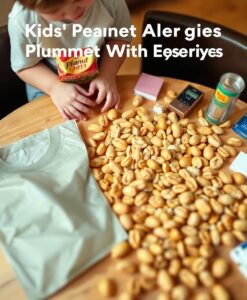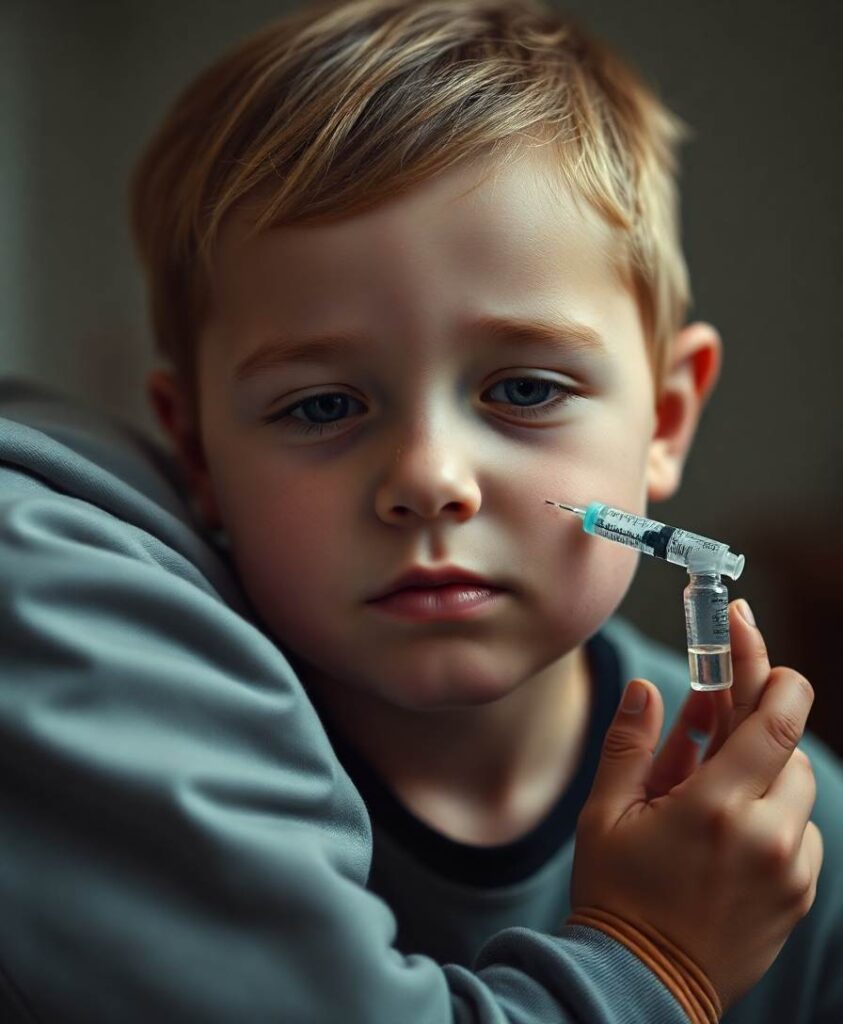Large-scale changes in infant feeding can reshape childhood health across communities. When fewer children develop severe peanut allergies, families face fewer emergency visits, schools can be safer, and children gain freedom to explore foods without constant fear. These outcomes ripple outward: health systems, educators, and parent networks adapt to new norms, and equity issues surface about who gains access to updated guidance and safe foods.

Learning how policy, pediatric advice, and family choices combined to lower allergy rates can teach us how to translate breakthroughs into broad human benefits. The full article traces those pathways and highlights where gaps remain, which matters for making future advances reach every child. Click through to see how this story connects to human potential, resilience, and inclusion in everyday childhood life.
A decade after a landmark study proved that feeding peanut products to young babies could prevent development of life-threatening allergies, new research finds the change has made a big difference in the real world. About 60,000 children have avoided developing peanut…


